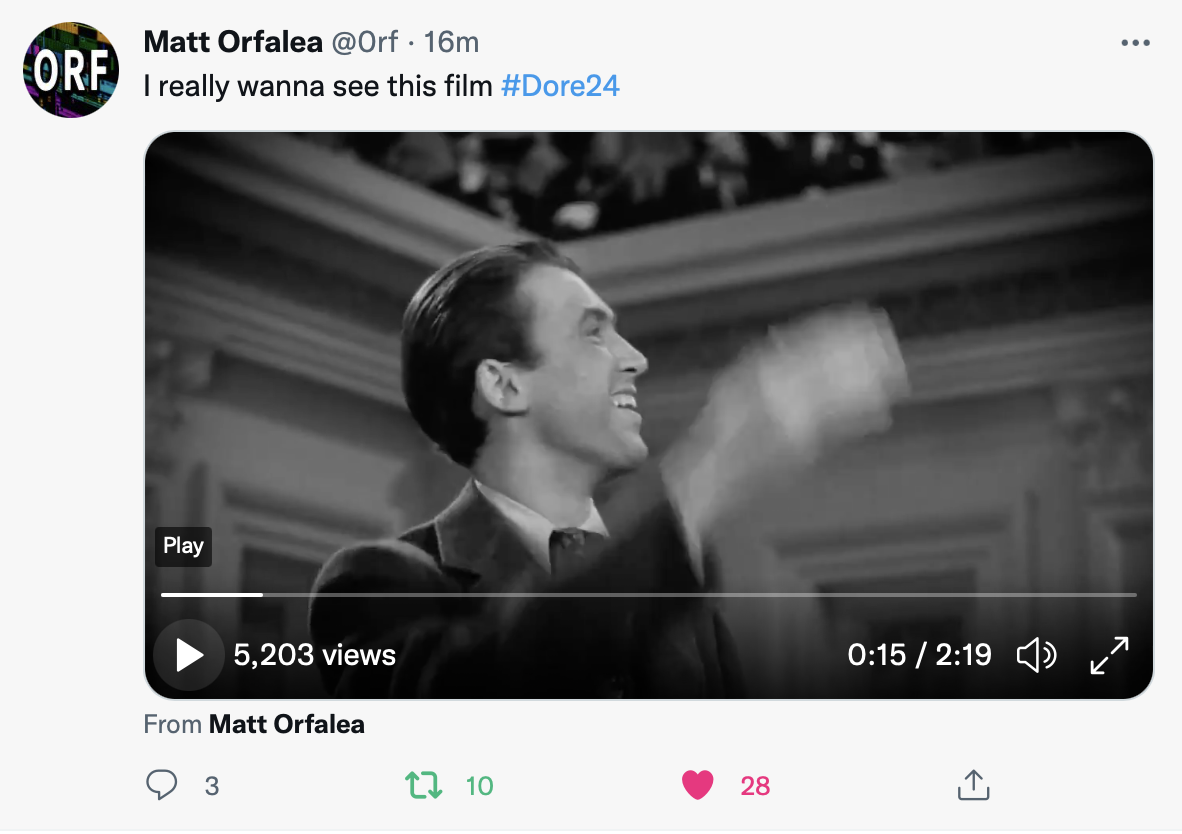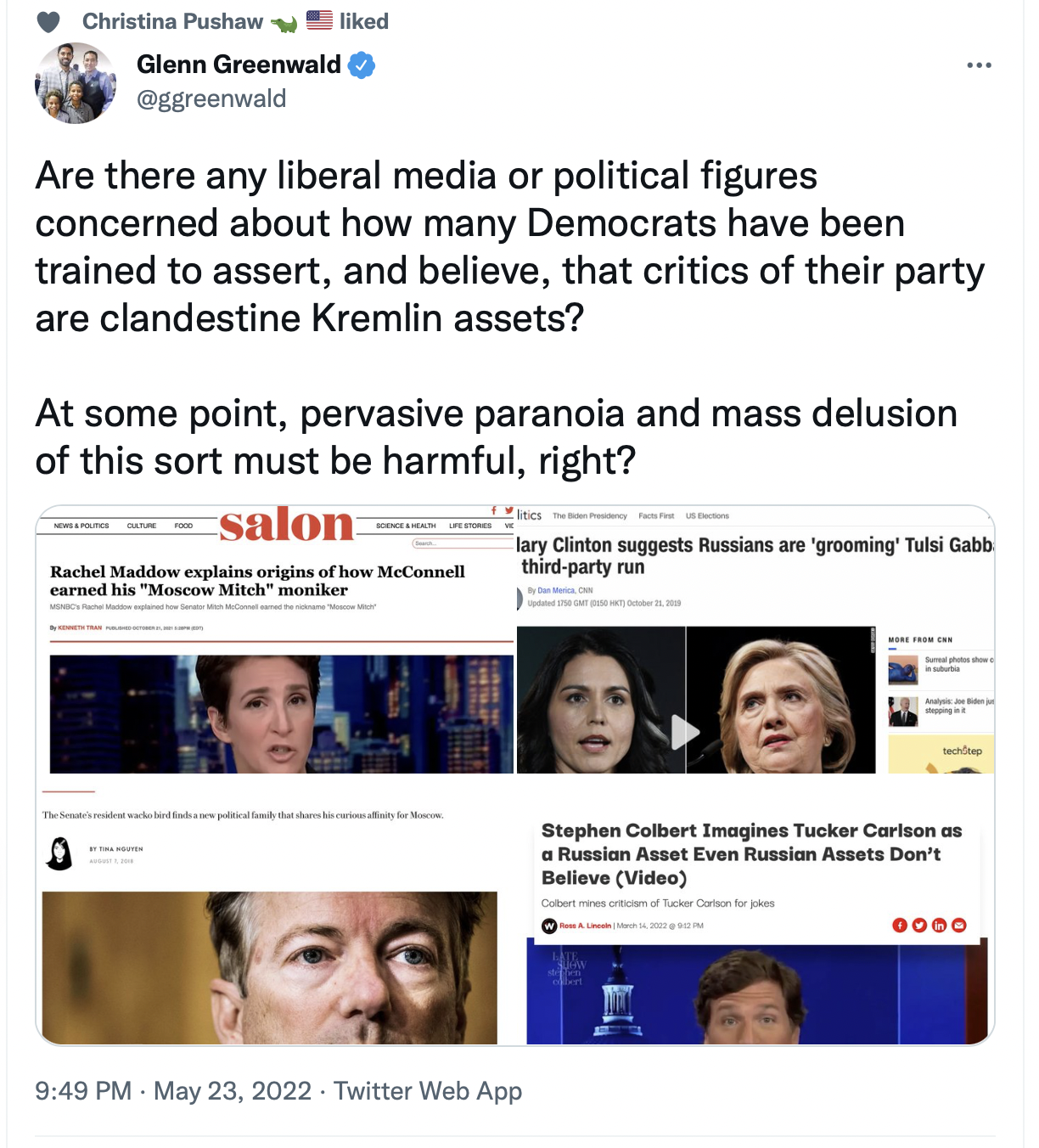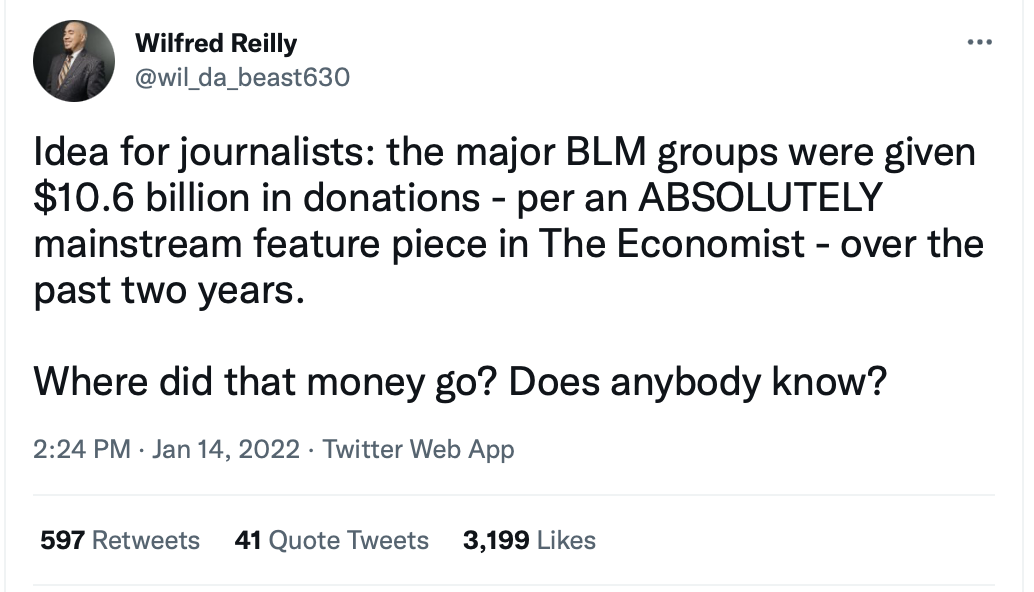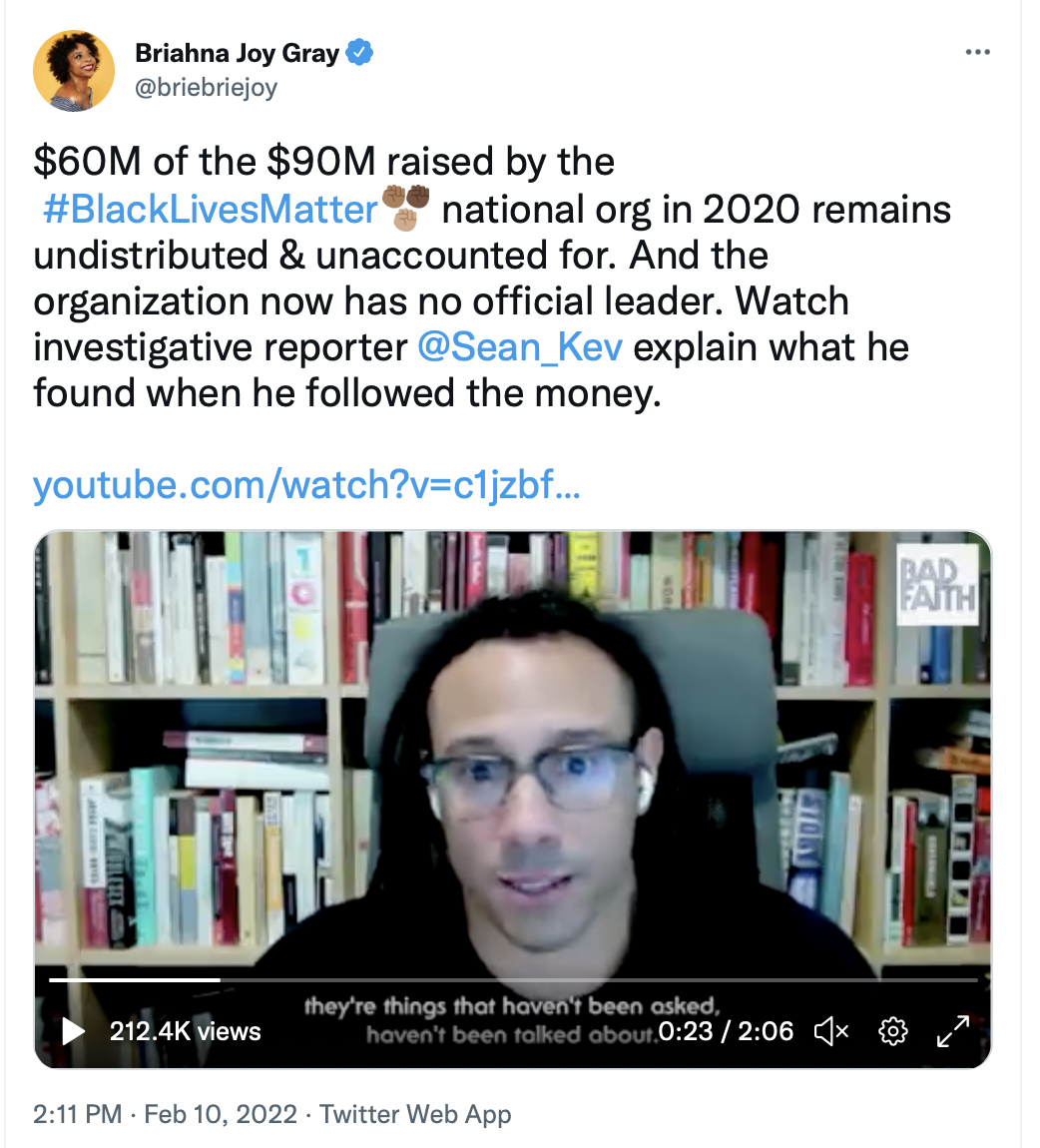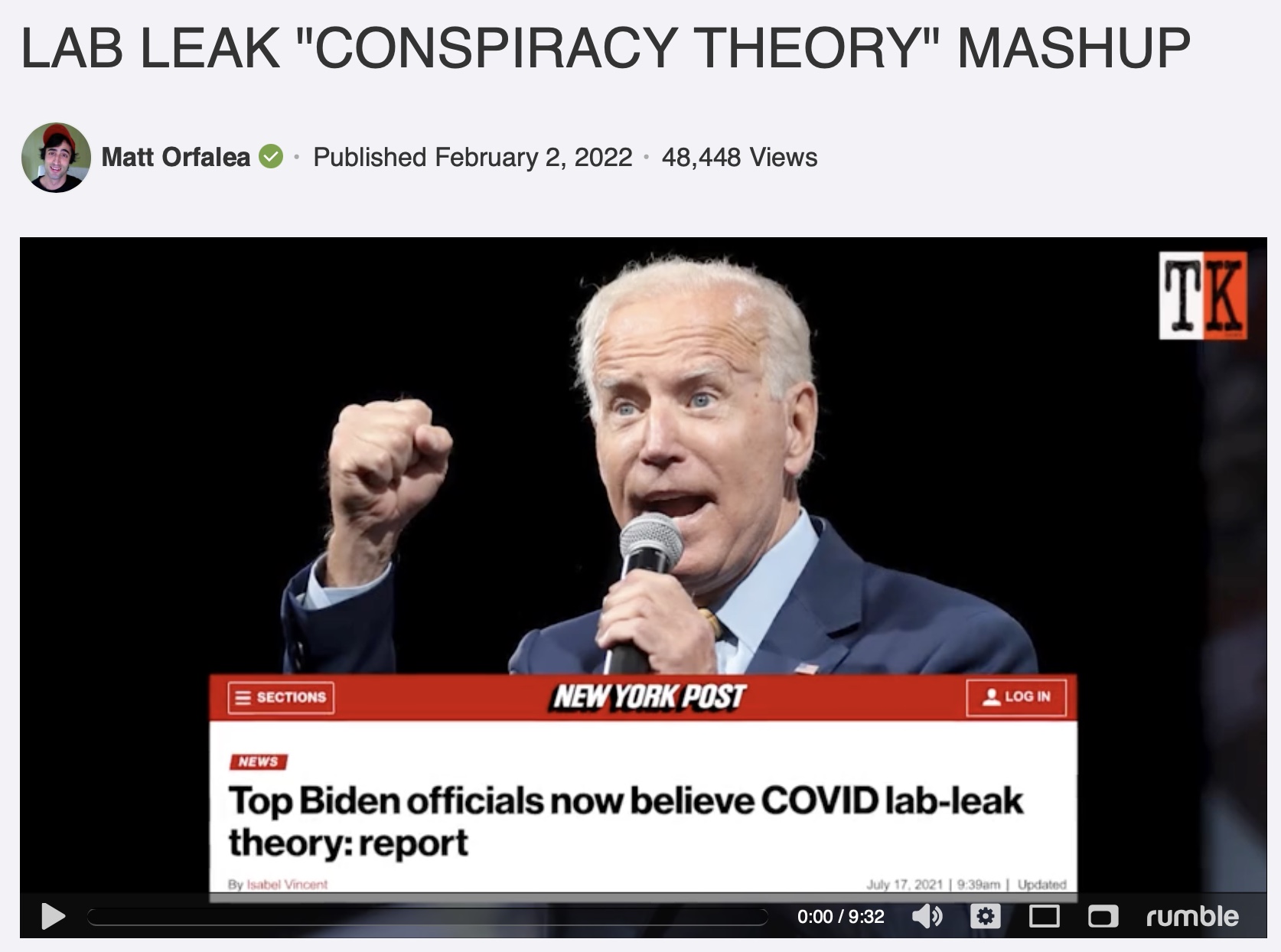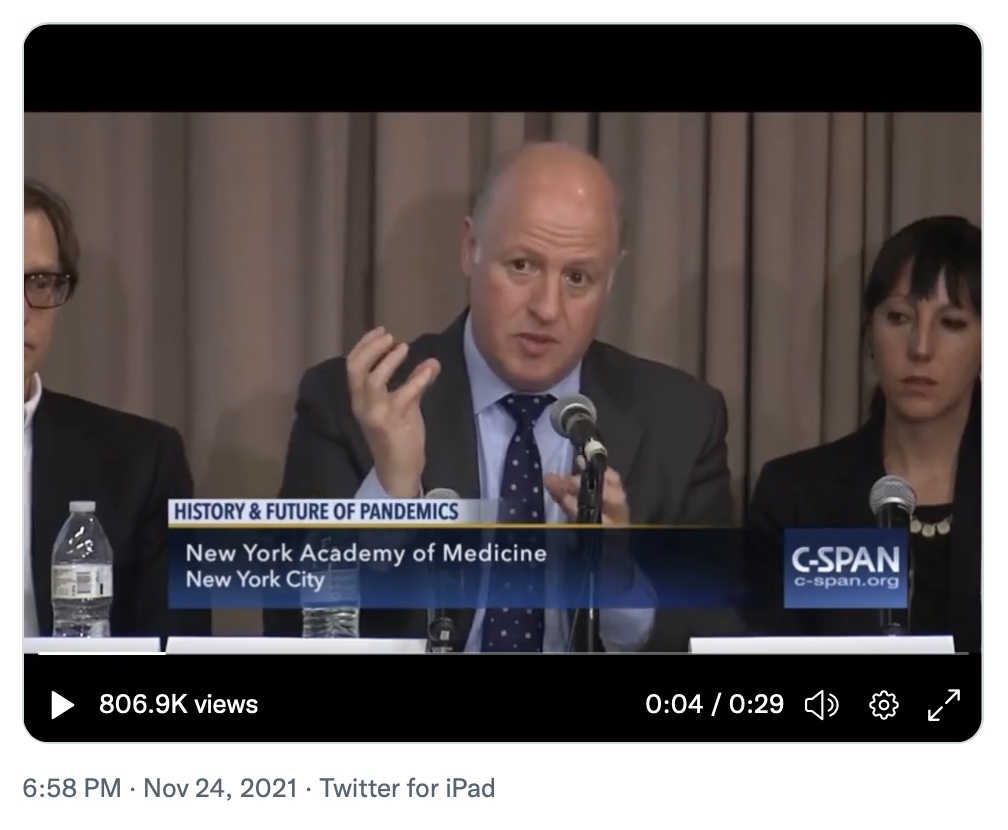Name-Calling in Lieu of Meaningful Conversations
Name-calling. That's apparently what a political party does when it has largely abandoned the working class in order to feast on large corporate contributions. What else could we have done with $40 billion? This downpayment on this illegal war has cost each American taxpayer almost $300. What if we had given $1 Billion dollars to each of the 40 American cities that are most crime-ridden and/or lacking in education funds? There wasn't even a God-damned debate about this largess to America's biggest defense contractors. Most of us who have challenged this profligate spending for this extremely dangerous war have been called "Russian assets." As if the apparent U.S. strategy of regime-change against Putin, a purported madman with thousands of nuclear missiles, doesn't deserve sober debate. As though we have already forgotten how devastating it is to our own country to fight another undeclared war without any meaningful end game. That is the state of democracy in the modern day U.S. This is what passes for meaningful conversation. Name-calling.
Why Liberal (and Conservative) News Media Stays in its Own lane
Tara Henley's newest article is "Meet the press: Why much of the media looks and sounds much the same." She makes some excellent points that apply to liberal news media as well as conservative media. Reporters appears to lost a sense of curiosity. Whatever happened to the childlike curiosity in these well-trained journalists? Has it been snuffed out? Unlikely, because reporters know how to attack viewpoints that threaten their world views. What they lack is motivation to examine bullshit emanating from their own tribe.
Why is this? Sometimes, editors are refusing to allow reporters to following their instincts to be curious. This is happening in many places, resulting in excellent reporters striking out on their own. This group includes Andrew Sullivan, Bari Weiss and Tara Henley. There is a second less obvious reason: Many reporters feel internalized pressures to not ask certain questions. Henley offers this list of questions left-leaning reporters refuse to pursue:
Ask yourself how many liberal media pieces you’ve seen over the past two years that, say, interrogate COVID restrictions critically (especially early on, with school closures, lockdowns, and mask mandates). Or evaluate Black Lives Matter as a political movement, assessing its strengths and weaknesses. Or offer opposing viewpoints on transgender athletes in women’s sports; or mass immigration; or diversity, equity, and inclusion philosophies, trainings, or policies. Or acknowledge the excesses of #MeToo, or prejudice against the white working class. Or present critiques of identity politics. Or explore downsides of puberty blockers and gender transition surgery for teens; or delve into the growing censoriousness on social media and in education, Hollywood, the arts, and NGOs. Or probe inner city gun violence. Or reflect the positive sides of masculinity. Or talk about God. Or reference anything that’s currently deemed a conspiracy theory in non-derogatory terms (see: the lab leak theory). Or express genuine curiosity on the reasons behind the rise of independent media, whether that’s Joe Rogan or Substack.
Why are so many reporters afraid to be curious?
Often, it’s not a boss telling you what to cover, or how to cover it, but your colleagues, the mood in your newsroom, your competition, your Twitter feed, and, increasingly, your own anxieties. (And, just as important, what you are not being told. As writer Freddie deBoer has put it: “Everyone who works in the industry lives with a dim but persistent feeling that they have committed some kind of faux pas and are paying for it, but never know where, what, or why.”). Thus, consensus is manufactured in myriad small but insidious ways, and if you want to keep working you figure out the unspoken rules.
[More . . . ]
Douglas Murray: Black Lives Matter Started with a Good Cause, Then Turned it Into a Racket
Douglas Murray, writing in the New York Post:, is concerned about the factually defective positions taken by Black Lives Matter as well as its highly questionable financials:
Like the most fraudulent pastors, the heads of BLM take advantage of good people. They present an undeniably good cause. They prey on people’s hopes and fears. After all, who in America does not believe that black lives matter? Who wouldn’t have sympathy with, or support, a group that claims to want to help people fight injustice? But BLM operates like all rackets do.
Firstly, they lie about reality. In the case of BLM, they pretend that black people in the United States in 2022 can be killed at any time by the police. They pretend that racism is a pandemic in this country and that everything and anything must be done to tackle it.
The effects of this work is there for all to see. The American public has been misled about the real state of race in this country. A poll in 2020 asked Americans how many unarmed black men they think are killed by the police in America the previous year. More than a fifth of people who described themselves as “very liberal” said they thought it was over 10,000 unarmed black people in America killed by police every year. Among self-described “liberals,” around 40% said they thought that the figure was somewhere between 1,000 and 10,000. The actual figure was around 10. Meaning that liberals in America were off by several orders of magnitude. They had a completely wrongheaded idea of what America is actually like.
But no wonder. For they had spent years hearing BLM pretend that black people are killed with impunity in this country.
Murray then turns to BLM's financial misdeeds, including recent revelations that BLM purchased a "purchase of a swanky new $5.8 million mansion in Southern California."
Other commentators have been highly critical of BLM, including Wilfried Riley:
Briahna Joy Gray's podcast featured Sean Campbell, who has taken flack for looking into BLM improprieties.
Here is a longer version of this same video:
Freddie DeBoer has written on the topic. His article is "White Journalists Are Terrified of Appearing to Criticize BlackLivesMatter, Obviously"
That pouring billions of dollars into an amorphous social movement could result in mismanagement and corruption is as obvious a thing as I can imagine, and so the need for a watchdog press that helps ensure that money isn’t misspent is also quite obvious. I would analogize the current moment and BLM to the Red Cross after 9/11, when a great deal of scrutiny was justly applied to that organization and its practices. But the media has spent the past year and a half saying almost nothing about BLM and where the money has gone, ceding the ground to conservative publications. It was the right-leaning New York Post that reported that one of the cofounders of the BLM Global Network Foundation had purchased four houses in a short time span, for example. The trouble is that many left-leaning people feel that they can safely disregard anything published in conservative media, and thus a badly-needed conversation hasn't happened. Anyone who has ever been part of a large protest movement understands how desperately such movements need external review for accountability, but if only Breitbart et al. are engaged in critical inquiry, the liberal donor class is not going to be moved.
Susan Woods sounded alarms about BLM's operation back in 2020:
Matt Orfalea’s New Mashup on the “Lab Leak Conspiracy Theory”
My faith that legacy media outlets will take journalism seriously has plummeted in recent years. Matt Orfalea's "conspiracy theory" mashup explores one issue (of many recent issues) where media coverage has been abysmal.
The news outlets kept claiming that the virus could never ever have emerged in a lab, yet they avoided this Peter Daszak video like kryptonite. Whenever they pompously trumpeted that the lab leak was a conspiracy theory, they NEVER mentioned this 2016 video featuring Peter Daszak, president of Eco-Health.
- Go to the previous page
- 1
- …
- 32
- 33
- 34
- 35
- 36
- 37
- 38
- …
- 51
- Go to the next page

